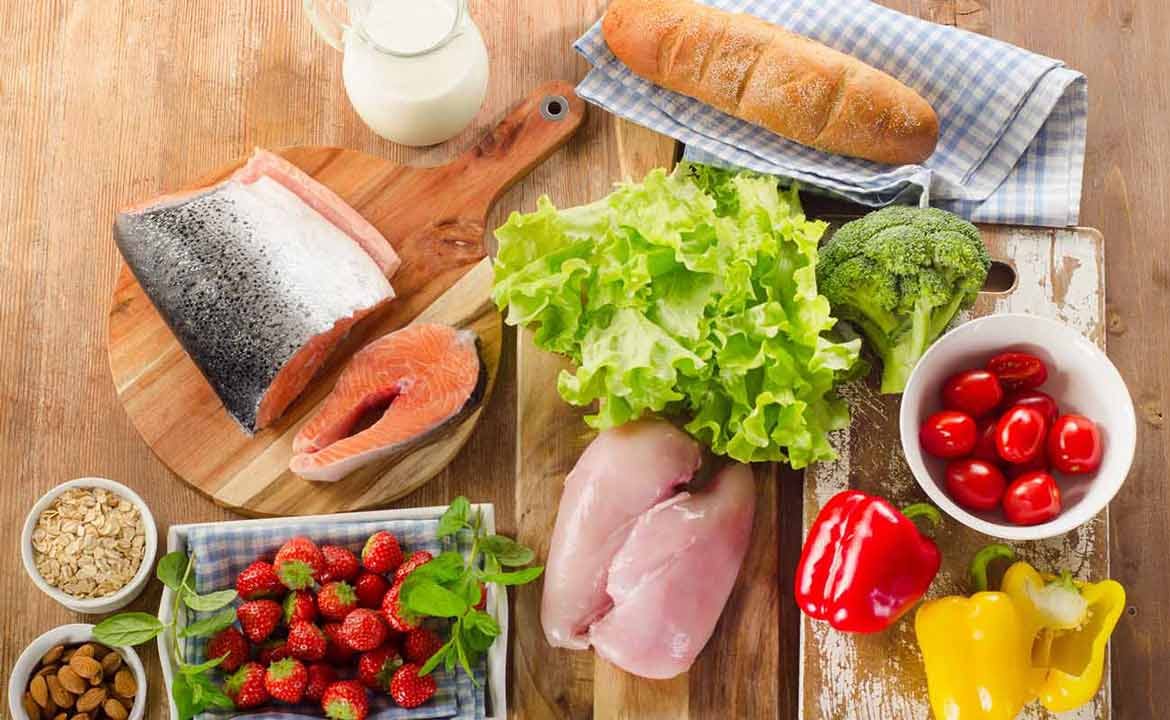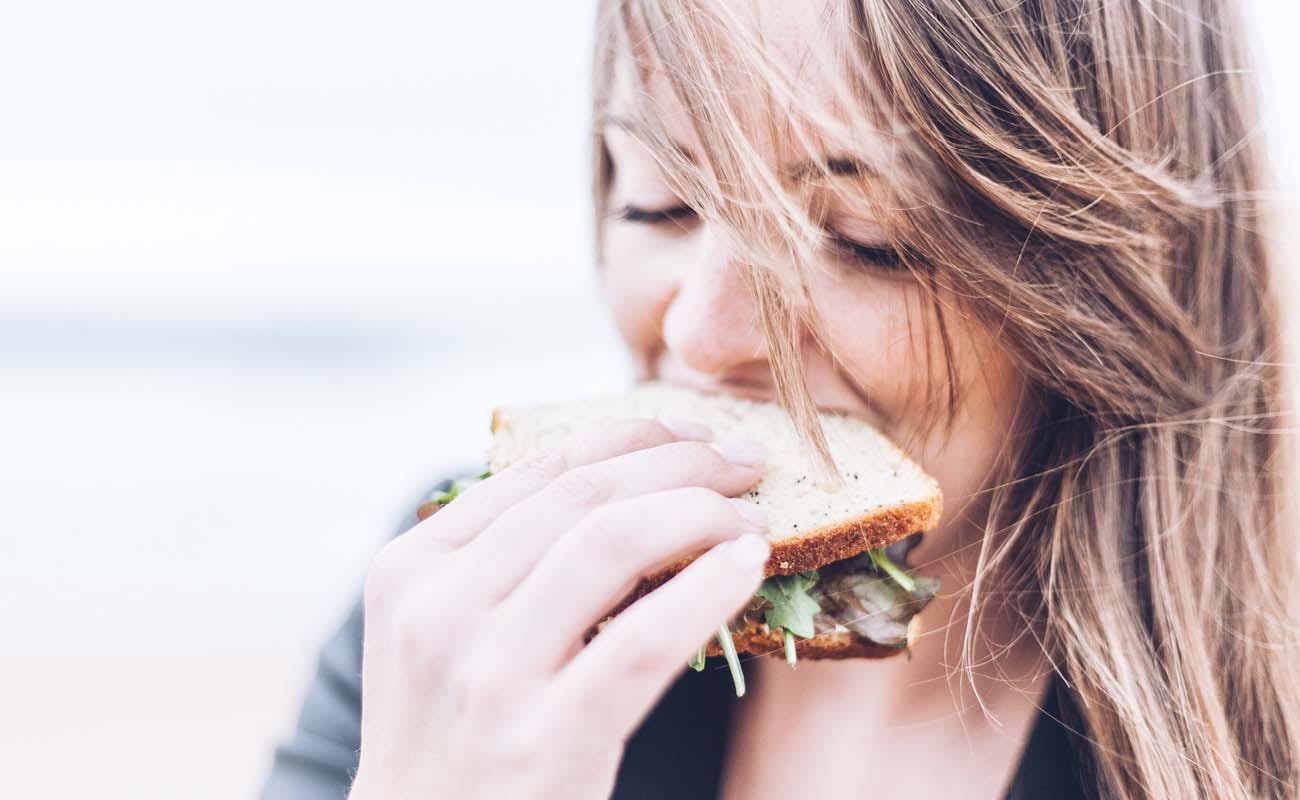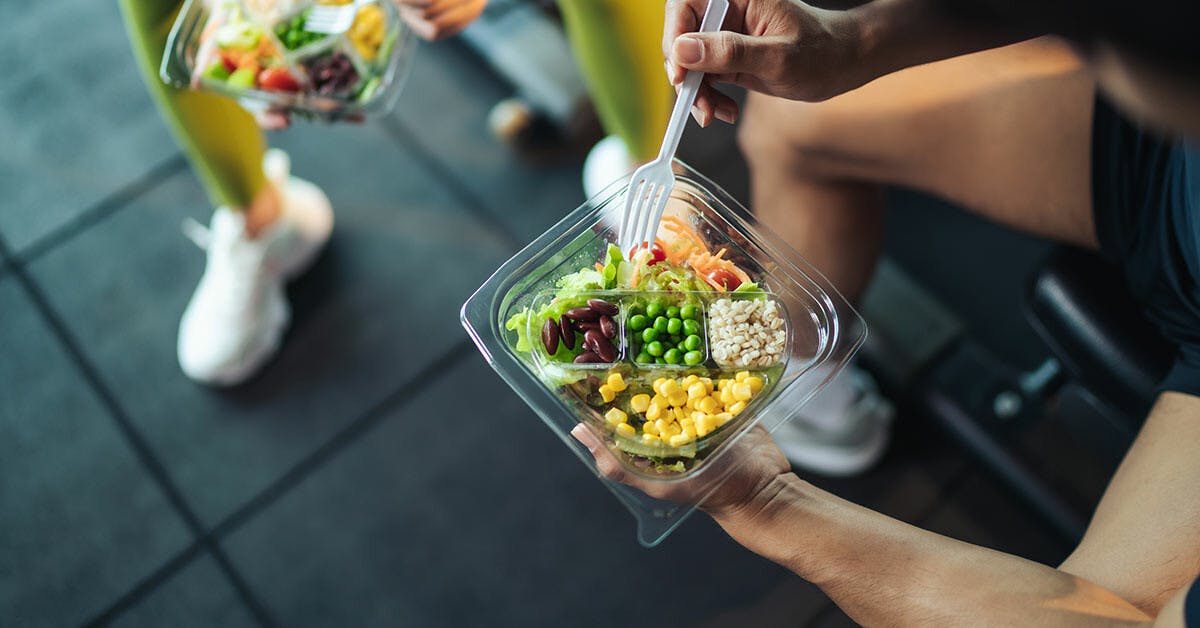14 Oct 2022
What Does a Balanced Diet Look Like?
Eating a balanced diet is essential for your physical health and general wellbeing. But what is a balanced diet and how do you know which foods are right for your individual needs? This article is your guide to achieving a balanced diet along with some useful tips to make the process easier.
What is a Balanced Diet and Why is it Important?
In order for good health, you need to be consuming the right fats, proteins, carbohydrates, vitamins, minerals and fibre. In balancing these elements and eating the correct combination, you are giving the body the fuel it needs to grow, replenish, repair and strengthen.
Simply put, a balanced diet is one that gives your body the nutrients it needs to function correctly. This is a key aspect of healthy living, as without proper nutrition from a balanced diet, your body is more prone to disease, infection, fatigue and general poor performance in day-to-day activities.
What Foods do I Need to Be Eating?
To have a balanced diet, you need to be consuming foods high in vitamins, minerals and nutrients, while avoiding foods that are high in unnecessary fat and sugar.
The following food groups are essential components of a balanced diet, according to the Australian Dietary Guidelines:
Vegetables – Choose dark, leafy greens – these generally contain the most nutrition and are primary sources of essential vitamins and minerals.
Fruits – fresh, local and seasonal produce in your area.
Grains – Switch white breads and pastas to whole grain – the hull (the outer shell of the grain) is where majority of the grain’s nutrition lies.
Proteins – Remove the skin and trim off any visible fat to reduce the amount of fat and cholesterol in meat. Grass fed is best. Beans are also a primary source of protein for a non-meat alternative, as are lentils, nuts and tofu.
Dairy – Choose small portions of full-fat cheeses and reduced fat milk or yoghurt.
Oils – Use oils sparingly – opt for low-fat and low-sugar versions of dressings.

Healthy Eating Advice from the Professionals
While eating a balanced diet is essential for your physical health and general wellbeing, it doesn’t have to a stressful experience. There’s an overwhelming amount of dietary advice to sort through these days and we’ve asked some real, professional nutritionists to share some advice to make the process a smooth one.
Give Yourself Permission to Eat
One of the most important things to remember when learning how to eat a balanced diet is to avoid limiting yourself too much. According to personal trainer and co-founder of Life Personal Trainers, being overly restrictive with you eating can be counterproductive.
“Any extreme advice like quitting sugar or excluding a certain food/food group is generally unhelpful unless used for a real allergy. It can lead to poorer food relationships and nutrient deficiencies.”
She also mentions that it’s important not to fixate on clean eating:
“Choosing a variety of generally lower processed foods from all the food groups is a great base to start from and helps to cover protein needs for recovery and fibre which is really important for a healthy gut. It is normal for day-to-day eating to be different and seasonal depending on social events and food availability.”
Eat Intuitively
Rather than trying - and struggling - to suppress your appetite, listening to your body and its needs is a far more effective approach when it comes to eating a balanced diet. Nutritionist, personal trainer and all-round wellness professional, Anna Block recommends intuitive eating for long-term success:
“Intuitive eating is all about feeling calm, clear and in control and eating the foods your body needs. It’s a mindful, connected way to living your life and a core philosophy in my process.”
Based on her own experience, Anna says that intuitive eating can help heal your relationship with food.
“I found eating intuitively created the same empowering approach I use these days with my clients, which addresses their relationship with food, stress and their body, so they find it easier to stay on track, be less anxious when it came to food and eat in a way that serves them.”

Be Flexible
Our final piece of advice comes from qualified nutritionist Karissa Deutrom, to maintain a healthy relationship with food, she recommends a flexible approach.
“Be flexible with your food mindset - eating a certain food will not make or break your day, so there’s no reason to beat yourself up over choices.”
Finding balance between different food groups is another one of her top tips:
“Aim to fill half your plate with veggies, a quarter of the plate with lean protein and the other quarter of the plate with a lower GI carb like pasta or a grainy bread roll. This will keep you feeling energised and satisfied, and ready to crush your fitness goals.”
Whether you’re trying to lose weight, grow stronger or maintain your current level of fitness, eating a healthy diet will help you meet your fitness goals. Just remember to be kind to yourself along the way.
Interested in a career helping people live healthier lifestyles? Learn how to become a qualified Nutrition Advisor or Nutrition Coach with AIPT’s 10967NAT Diploma of Nutrition.
Industry Supplier
Proud member of

© Australian Institute of Personal Trainers | RTO Number 32363

